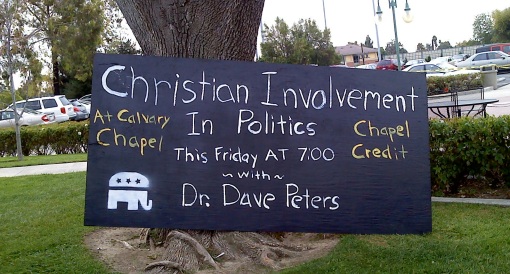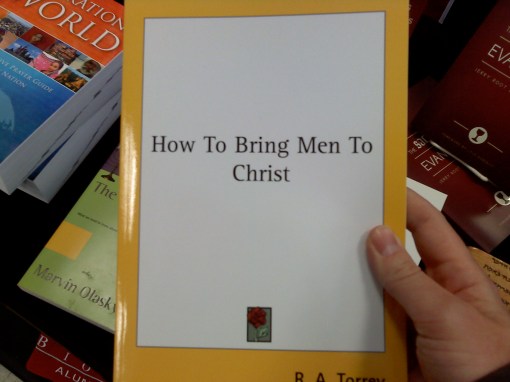The gym bleachers never become more comfortable to sit on. For five years of college I sat on them twice a week and now, as a staff member, I shifted to find a comfortable position as the Gospel Choir exited the stage on the gym floor. I turned my attention to the speaker being welcomed to the position of authority: behind the podium. A White male with multiple graduate degrees and a terminal degree, he represented the most common type of speaker to be seen in chapel. The epitome of knowledge and power, the hope of the future for championing conservative family values, this man was here to challenge university students to become godlier.
As they often do, the speaker opened his talk with a joke. …Except this was a joke about abusive husbands. Laughter immediately filled the gym but trailed off as the words sunk in and students paused – “Wait, was that…okay to say?”
I sat on that wooden bleacher – knees twisted, back aching – seething. Students I knew looked at me with shocked expressions; shaking their heads they whispered to each other. I think I croaked out “Not. Appropriate.” loud enough for several rows of people around me to hear. Hardly an adequate or appropriate response. But I was mad.
How often do we idolize those with Ph.D’s and decades of work experience as having all the answers? Of being the most valuable in our communities? Of being the most like Jesus?
My mind was with the students in the room that had experienced or were currently experiencing abuse. Their stories, their lives, their pain had been trivialized and reduced to a sound bite for entertainment value.
As chapel progressed I fought back my anger and resentment towards well-educated White men that seem to be championed as the future of the Church. I can’t say that I was very successful in doing so. But I was very aware that all that simmering ugly-junk was very much boiling in me, and that it was keeping me from listening to everything else the speaker was saying.
I had a choice. To write this man off as not having anything worthwhile to say, or to acknowledge that God may still speak through him despite his massive ignorance and lack of compassion. I wrestled with myself the remainder of the chapel.
Until I could see myself in him, I didn’t want to listen. Until I could acknowledge that I’m just as broken, I tuned him out. Until I could believe that God chooses to still speak through humans the moment after we wrong him and others around us, my ears were closed and my heart was cold.
Every day we choose who to listen to, and how to listen to them. We can write others off as not being experts, as not being eloquent, and as not having common ground with us. We can give into mockery and disregard of those who aren’t adept socially. We can choose to listen more readily and give more weight to the words of those who are wealthy, White, male, extroverted, and able-bodied.
Or we can believe that God can speak truth through anyone. Even those who are offensive to us, those who have no alphabet soup behind their name, and those who we disagree with. Those who stutter, those who don’t speak up, and those who are so different than us we don’t even know how to begin to get to know them. Those who smell, those whose physical disability makes us uncomfortable, and those who can’t quite seem to read the cues that we have somewhere else to be.
The image of God is in everyone – but we can choose to treat others with dignity or not. We can choose to take uncomfortable or angering situations and humanize all who are involved. We can choose to listen for God’s voice in the voice of others.
When I saw myself as that man, my ears cracked. When I remembered all the times I’ve offended and angered others, my heart thawed. When I owned the grace God gave and gives me, I began to hear him.
When we listen, we can know. When we know, we can understand. And when we understand, we can begin to love.
“You have heard that it was said, You must love your neighbor and hate your enemy. But I say to you, love your enemies and pray for those who harass you so that you will be acting as children of your Father who is in heaven. He makes the sun rise on both the evil and the good and sends rain on both the righteous and the unrighteous. If you love only those who love you, what reward do you have? Don’t even the tax collectors do the same? And if you greet only your brothers and sisters, what more are you doing? Don’t even the Gentiles do the same? Therefore, just as your heavenly Father is complete in showing love to everyone, so also you must be complete.” – Jesus (Matthew 5:43-48)
Jesus teaches that loving our enemies brings life. Perhaps a step in this direction is to begin to listen to those we struggle with wanting to hear.















